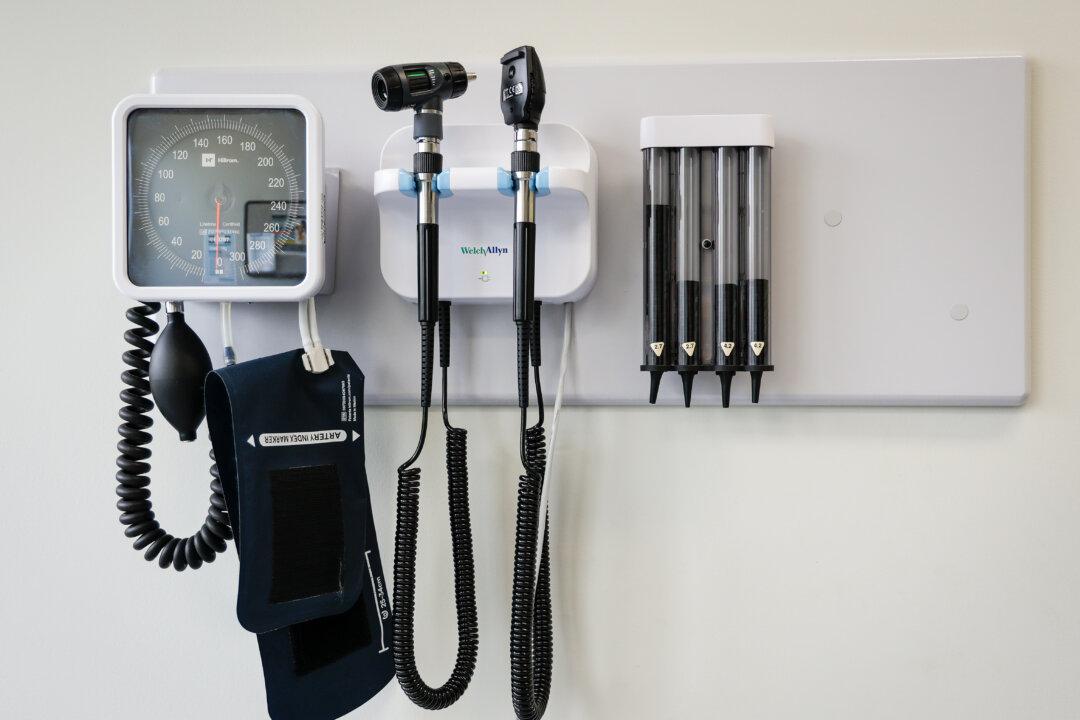A shortage of family doctors and an understaffed health-care system has led to mounting frustration among Canadians, a new survey has found.
Toronto-based OurCare Initiative surveyed nearly 10,000 people across the country to learn about patient experiences and seek feedback on how to best solve Canada’s primary health-care crisis.





